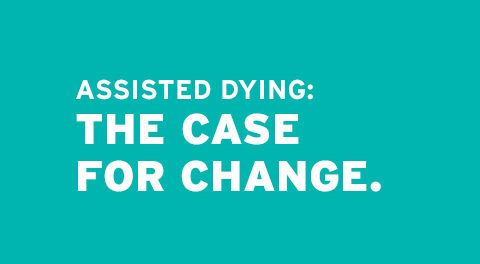Why the BMA should adopt a neutral position on assisted dying
Dr Jacky Davis believes neutrality would allow the British Medical Association to better reflect the views of its members.
The British Medical Association (BMA) has now launched its survey asking doctors for their opinions on assisted dying. The results will inform a debate – due to take place in Edinburgh this year – on whether the BMA moves from a position of opposition to one of neutrality or support for law change.
If you are a member, you should have received an email from the BMA with details on how you can cast your vote.
It is important that doctors are being asked what they think about assisted dying. We are an evidence-based profession so in order to have an informed debate we should look at the evidence.
Assisted dying laws have been tried and tested overseas
- Over 150 million people worldwide live in a place where assisted dying is legal. A law has been in place in Oregon for over 20 years.
- Safeguards are proven to work. That’s why more countries are passing legislation and existing laws are not being repealed.
The current law is failing dying people in the UK
- Every week one British citizen travels to Switzerland for help to die, which costs people on average £10,000.
- Every year 300 terminally ill people end their own lives in England, often in distressing circumstances.
- Research shows that 17 people a day suffer as they die, despite receiving the best possible palliative care.
The public overwhelmingly supports a change in the law on assisted dying
- 84% of the general public support a change in the law on assisted dying for terminally ill people. That includes 80% support among religious people and 86% of disabled people.
- 87% of people say a change in the law would increase or have no effect on their trust in doctors.
Law change can improve dying people’s end of life experience
Assisted dying laws have been shown to:
- bring comfort to dying people and their families
- respect dying people’s wishes
- improve the doctor-patient relationship
- encourage open and honest conversations at the end of life
- bring about improvements in palliative care
- protect potentially vulnerable people
The UK is being left behind as more and more jurisdictions enact compassionate, safeguarded assisted dying laws. These laws will continue to be brought back to Parliament for debate and it is in the interests of our members and our patients that we can participate in those debates. A neutral position would allow us to do just that, contributing our expertise and protecting the interests of our patients and our members as has happened in other countries.
More and more doctors recognise the need for an assisted dying law. Please do participate in the survey and encourage others to do the same.
You can use this new booklet to inform yourself of the facts so that you too can make the case for change.
